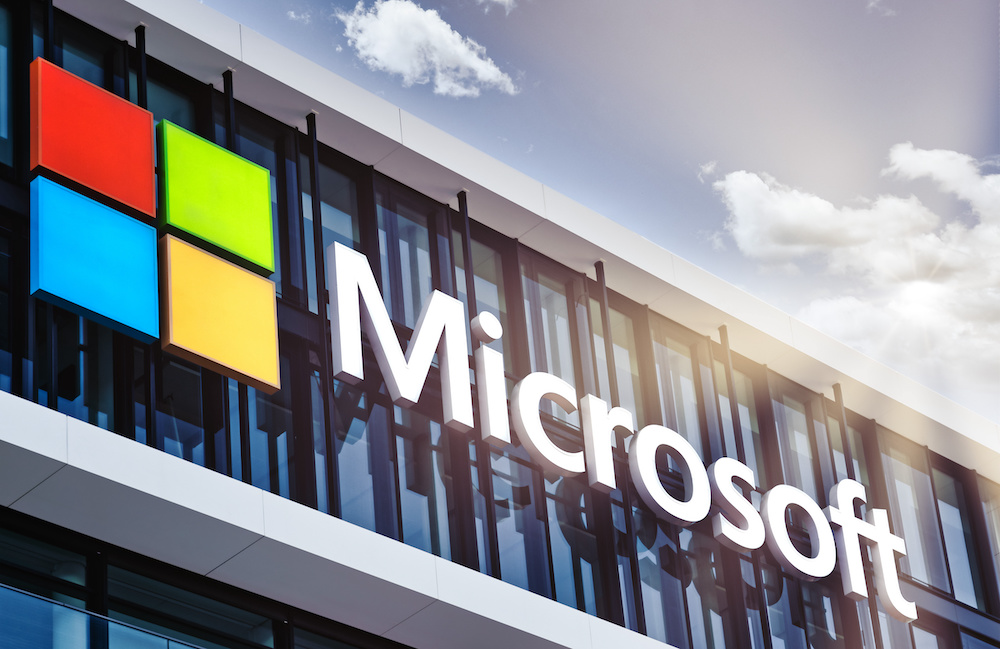This round of investment will help OpenAI’s research in AI and seek to position Azure OpenAI services for new AI-powered experiences.

The talk about OpenAI and how the company’s release of ChatGPT will improve human-to-computer interaction has raged on in recent weeks. The conversation has sparked global interest in artificial intelligence, and Microsoft is showing plenty of ambition as it aims to dominate the AI services market.
The tech giant has announced a broader partnership deal in the form of a multibillion-dollar investment in OpenAI. There are no official details, but some mainstream media sites put the figure at $10 billion. The announcement comes weeks after Microsoft launched its expanded Azure OpenAI services.
According to Microsoft, this latest investment is the third phase of an ongoing collaboration following the company’s investments in OpenAI’s supercomputing and research in 2019 ($1 billion) and 2021. The tech firm reckons this move will help advance breakthroughs in AI and position both companies in the advanced technologies market.
SEE: Artificial Intelligence Ethics Policy (TechRepublic Premium)
“We formed our partnership with OpenAI around a shared ambition to advance cutting-edge AI research and democratize AI as a new technology platform,” said Satya Nadella, chairman and CEO at Microsoft. “In this next phase of our partnership, developers and organizations across industries will have access to the best AI infrastructure, models, and toolchain with Azure to build and run their applications.”
Sam Altman, CEO of OpenAI, further shares his excitement about OpenAI’s continued partnership with Microsoft as an opportunity to “continue our independent research and work toward creating advanced AI that benefits everyone” with a company that shares its values.
Microsoft’s investment in focus
Supercomputing at scale
Microsoft aims to be part of the conversation in OpenAI’s independent AI research. To achieve this, the company will increase its investments and deployment of specialized supercomputing infrastructure in OpenAI research in AI. This will also entail developing Azure AI infrastructure to enable Azure customers to create and deploy AI applications on a global scale.
New AI-powered experiences
This new development will see Microsoft deploy OpenAI’s models across its consumer and enterprise products to forge new layers of digital experience powered by OpenAI’s technology. One notable product that will be taking effect is Microsoft’s Azure OpenAI Service, which enables developers to create AI applications through direct access to OpenAI models backed by Azure’s infrastructure.
Exclusive cloud provider
This deal will make Microsoft the exclusive cloud provider for OpenAI, allowing Microsoft to power all OpenAI workloads across research, products and application programming interface services. With the arrangement, OpenAI will run its technology through Microsoft’s Azure cloud computing platform. It will also enable the AI lab to scale and make its services available to developers and companies looking to use AI services. Think of this model as AI as a service.
AI and the bigger picture
This announcement comes days after Microsoft joined the wave of industry lay-offs to reveal that it was making 10,000 staff members redundant — equating to 4.5% of its total employee headcount. Although Microsoft did not state that these terminations happened to give way for more investment in OpenAI, this new deal will leave many people thinking in that direction.
Regardless of what connections this new investment has with the lay-offs at Microsoft, one thing that can’t be denied is that the growing partnership between Microsoft and OpenAI has implications for both companies, the future of AI and other companies within the industry.
Microsoft’s financial backing could be a stepping stone for the firm to be a powerhouse in AI development. The collaboration will also help OpenAI attain a more secure financial position in the industry, allowing it to continue its AI research and development without worrying about finances.
On the other hand, we see Microsoft capitalizing on the enthusiasm generated by the release of ChatGPT. The OpenAI-owned chatbox is a program that generates human-like responses to prompts in a matter of seconds. Since its debut, the application has gained enormous popularity while also sparking questions about its accuracy and intended use.
As TechRepublic recently reported, the cybersecurity implications of ChatGPT are vast, especially for email exploits. However, for some professionals, it has given their work a new dimension and has the potential to be a helpful tool.
With OpenAI and ChatGPT at the center of mainstream technology discussion, Microsoft hopes to attract as much attention as possible. It’s also possible that this level of attention could help drive demands for Microsoft’s Azure OpenAI services and other AI/ML platforms.
Microsoft and OpenAI in the global AI market
The partnership further enables Microsoft to expand its AI capabilities across its product lines, strengthening its position in the global AI market, which is estimated to reach $1.39 trillion by 2029.
Although Microsoft and OpenAI are enjoying their moment in the sun, Google, Amazon, Siemens and other big tech companies are worthy competitors. Google has partnered with startup Cohere, a rival of OpenAI. This shows that the global AI market will be heating up soon with news of partnerships, more investments and acquisitions.
Read more AI-related news with these two recent features: Samsara senses AI and automation advances for IIoT in 2023, and Iris Technology releases a beta version of a new no-code AI platform.
